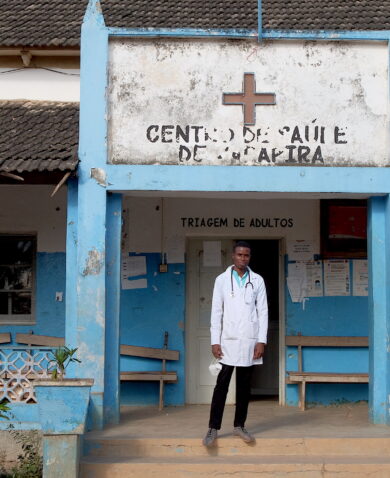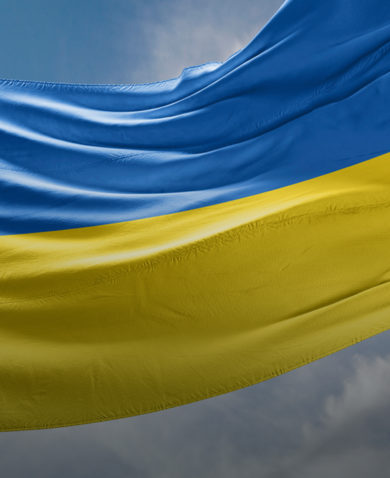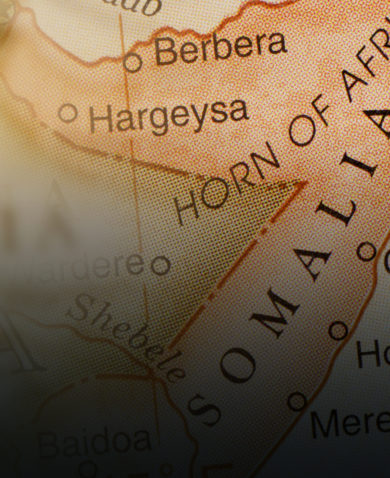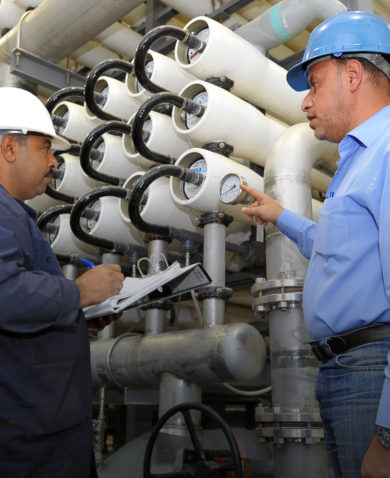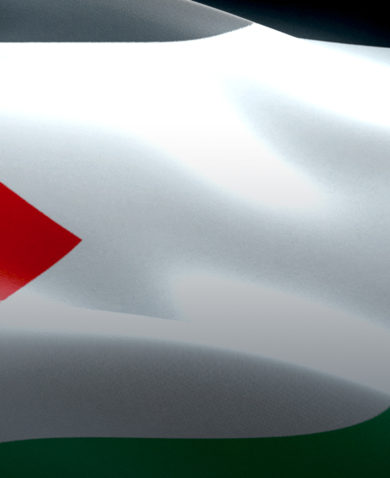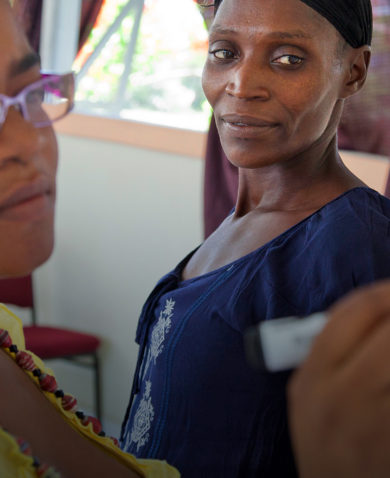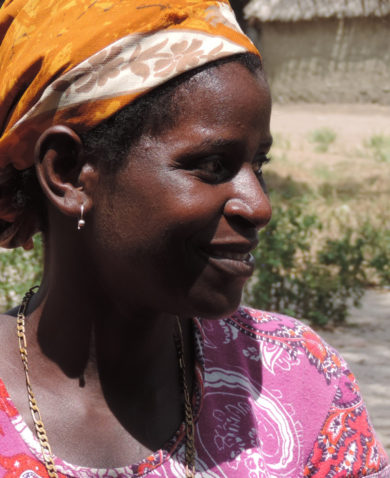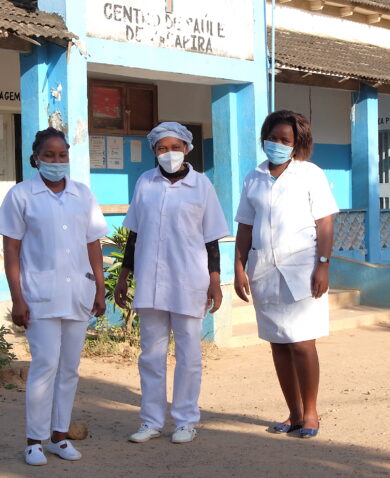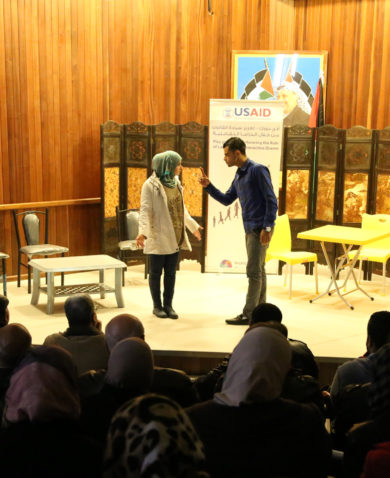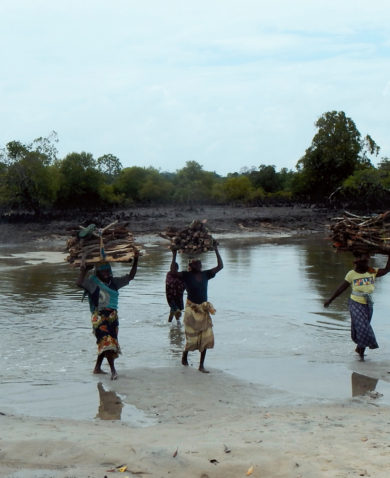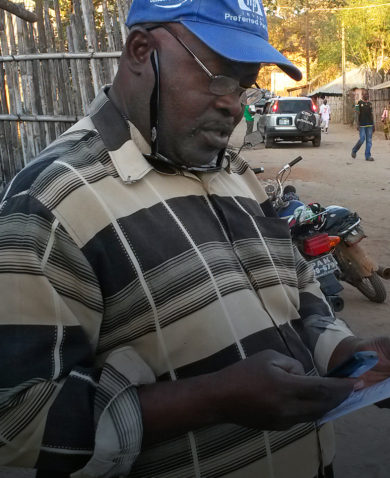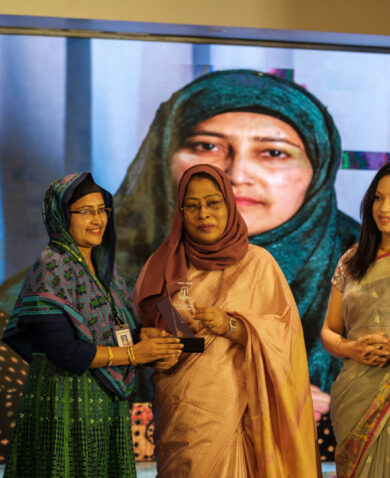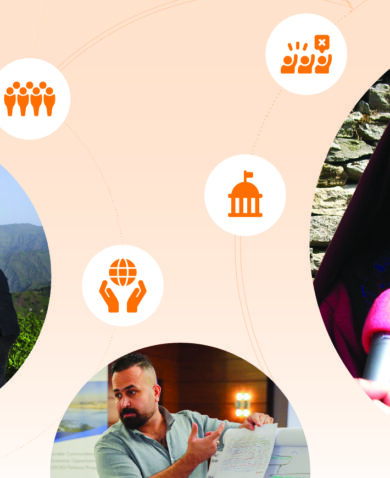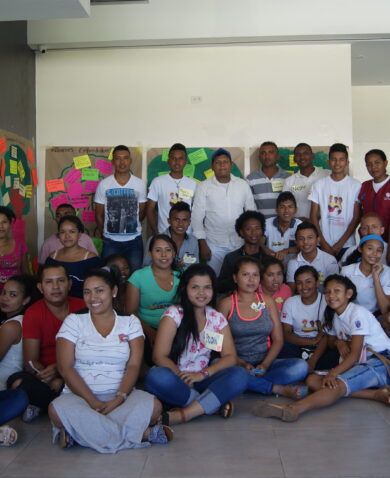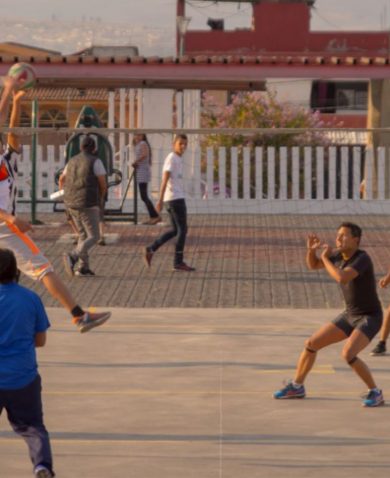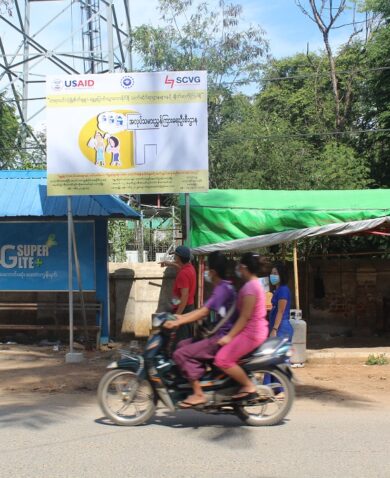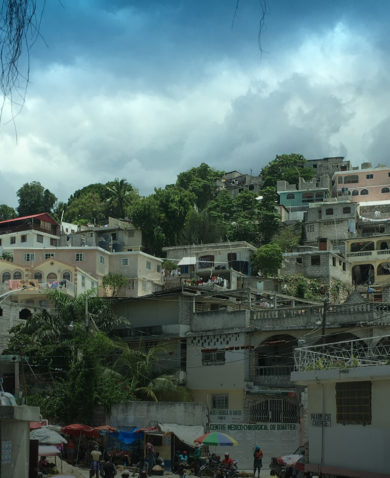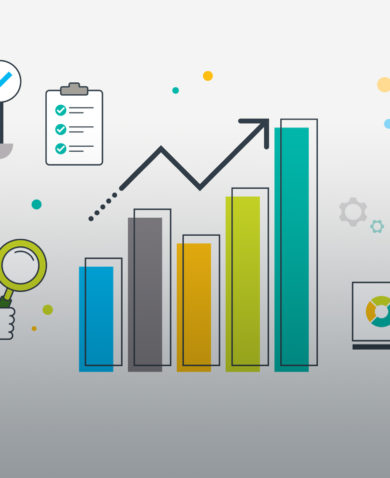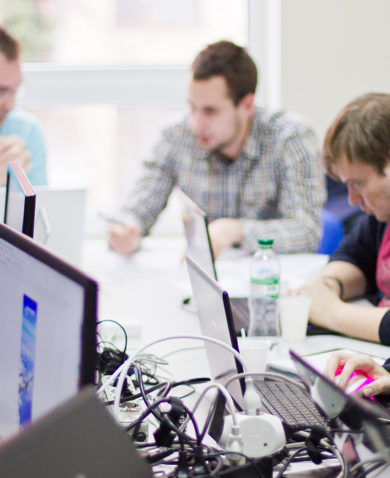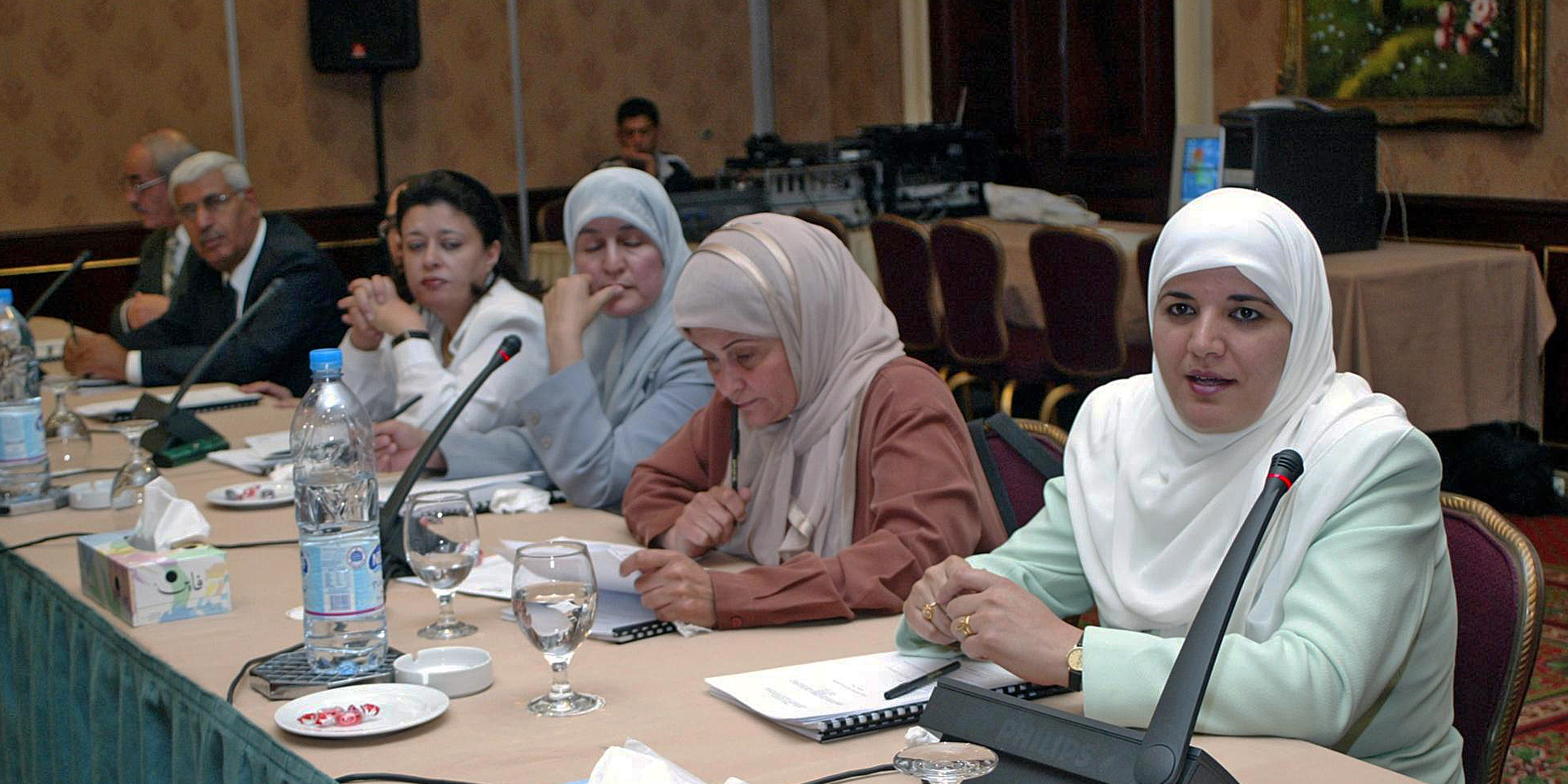
The Path Toward Protected Rights in the West Bank .
August 10, 2017Thanks to structured training, the West Bank family courts now constitute a powerful platform through which victims of gender-based violence can access services that more effectively address their needs.
Aysha*, a young woman in the West Bank, had nowhere to turn in a moment of crisis. Her marriage had begun to disintegrate. Tension between Aysha and her husband initially seemed to stem from normal relationship issues, but it escalated into gender-based violence (GBV). Desperate to salvage her marriage and protect herself, she sought counsel from loved ones. Aysha’s primary advisors — her brothers and 80-year-old father — could not fully understand her situation. They insisted the only solution was for Aysha to divorce her husband. Aysha yearned for someone else to confide in, a trained professional who could listen to her and offer real advice.
She finally found the guidance she sought from a female social worker who had completed an internship in the Enhanced Palestinian Justice Program (EPJP). “As a woman with four brothers and old parents, I felt like I was talking to the sister I always wished I had when I spoke with the social worker. We are both women, so we understand each other,” Aysha explained. The EPJP — a project USAID has funded since founding it in 2013 — offers specialized training through GBV counseling programs and the National Referral System (NRS) in the West Bank. The purpose of this training is to strengthen family counseling units (FCUs).
Aysha’s father and brothers insisted her husband did not deserve her because he was from a poor family, but the social worker listened attentively to Aysha without discounting Aysha’s desire to save her marriage. “I was feeling so comfortable when talking to her. I found a person who listened to my story and gave me acceptable suggestions,” recounted Aysha. The social worker arranged for Aysha and her husband to have several counseling sessions and prepared a memo of understanding — which outlined rules the two would follow in their relationship — for the couple to sign.
Blind to race, religion, age, and socioeconomic status, GBV is a human rights violation that affects millions, manifesting as sexual, physical, or psychological abuse. In the West Bank. In 2013, approximately 37 percent of married women in the region had husbands who had subjected them to some form of GBV. This percentage does not account for all the GBV that unmarried women experience. Given these numbers, it’s clear that effective preventative and responsive services are needed.
With well-coordinated and comprehensive systems in place, victims can access the help they need to overcome their GBV experiences and regain control over their lives. EPJP was introduced in 2013, its primary purpose was to help develop a more effective and competent Palestinian justice sector — a sector both accountable and responsive to citizens’ needs. One activity that focuses on GBV has been supported by the Women, Peace, and Security Incentive Fund, which combats violence against women, including protection for women, preventive measures, and the prosecution of perpetrators of crimes. Through this activity, EPJP has partnered with the Ministry of Women’s Affairs, working directly with family counseling units and integrating them into the NRS.
The NRS, also established in 2013, brings together different institutions to create a unified platform through which women who are victims of GBV can seek health, social, and legal support. To strengthen the NRS, EPJP has developed a variety of training programs for it. EPJP provided NRS’s FCUs with specialized training in GBV. EPJP also instructed 10 family-counselor interns on how to support FCU counselors. Family-counselor interns, like Aysha’s social worker, learned how counsel women, girls, and other victims of GBV and resolve disputes.
Additionally, EPJP has helped the FCUs develop unified mechanisms and a procedures manual to encourage the standardization of all GBV-related procedures and services the NRS provides. By creating an effective “rights ecosystem” in the West Bank, EPJP has better equipped women, girls, other victims of GBV, and their advocates not only to overcome cases of GBV, but also to offer counseling when it may be a constructive alternative to formal litigation, as it was for Aysha.
Ilham Sami, the head of the NRS unit at the Ministry of Women’s Affairs, is optimistic about the training EPJP provided: “The capacity building program for the service providers is a qualitative opportunity that never existed before, and it’s clear now that the quality of services provided to battered women and girls has improved. It has established a holistic approach that insures protection of women and provides them with legal aids.”
Coordinating with family courts and the Ministry of Women’s Affairs, EPJP has also strengthened the cohesion of social service systems. As of spring 2017, project-trained family counselors have provided support to more than 6,700 individuals. EPJP also collaborated with the Ministry of Women’s Affairs to implement a three-level training of trainers (ToT) program for 72 participants — 60 women and 12 men, with 13 participants from FCUs. These 72 participants — who represented the country’s health, social affairs, and interior ministries — will, in turn, train 260 peers, ensuring that EPJP’s impact spreads throughout the region.
“This is the first time in 23 years that both family court judges and marriage officials are brought together in one training event,” said one judge participant, commenting on the collaboration. “This gave us the chance to exchange experiences.”
“We discussed major issues that we face in our work,” reflected another participant from the Bethlehem FCU. “After this training, we have the information and skills necessary to provide better services for families and women.”
It is vital to promote the rights of all individuals and reduce GBV while mitigating its harmful effects on individuals and communities. Unless women, girls, men, and boys fully enjoy their human rights and are free from violence, progress toward development will fall short.
*name has been changed to protect the individual







